It has been more than 20 years since I started working at the Ba Ra Radio and Television Logistics Center under the former BPTV, but the memories of the nights on duty, the live broadcasts and the "sweaty" technical errors are still intact. Back then, the work of a broadcaster was not just dry technique but also an art, a meticulous attention to detail, and sometimes even moments of suffocating tension.
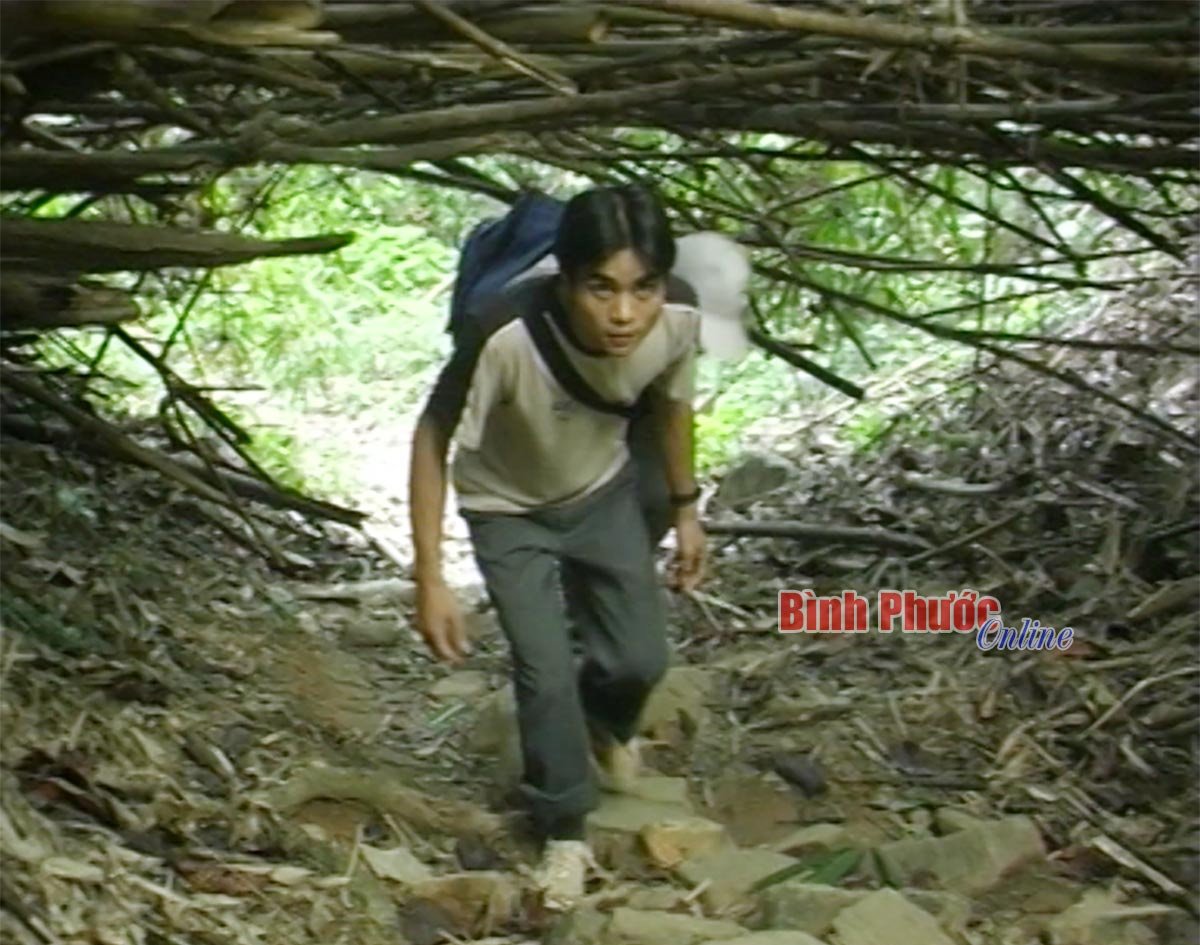
"Competing" with nature and accidents
Graduated with a Bachelor's degree in Electronics and Telecommunications from Hanoi University of Science and Technology, I eagerly accepted a job at BPTV and was assigned to Ba Ra Relay Station, joining the army of "wave keepers" at this high point. With my knowledge of waves, frequencies, amplifiers, etc., I was confident and eager to approach the job, but the reality was completely different! The broadcasting transmission system here is a complex complex of transmitters, antennas, cable transmission systems, modulators, demodulators and countless other auxiliary equipment. Luckily for me, the army of "wave keepers" all loved each other very much, they taught me carefully, bit by bit to get used to the job. "Everything here is related to high voltage and electromagnetic waves. A small mistake can cause big consequences, so you have to be very careful and highly focused when working," Mr. Nam Huu, former Head of Ba Ra Logistics Station reminded me.
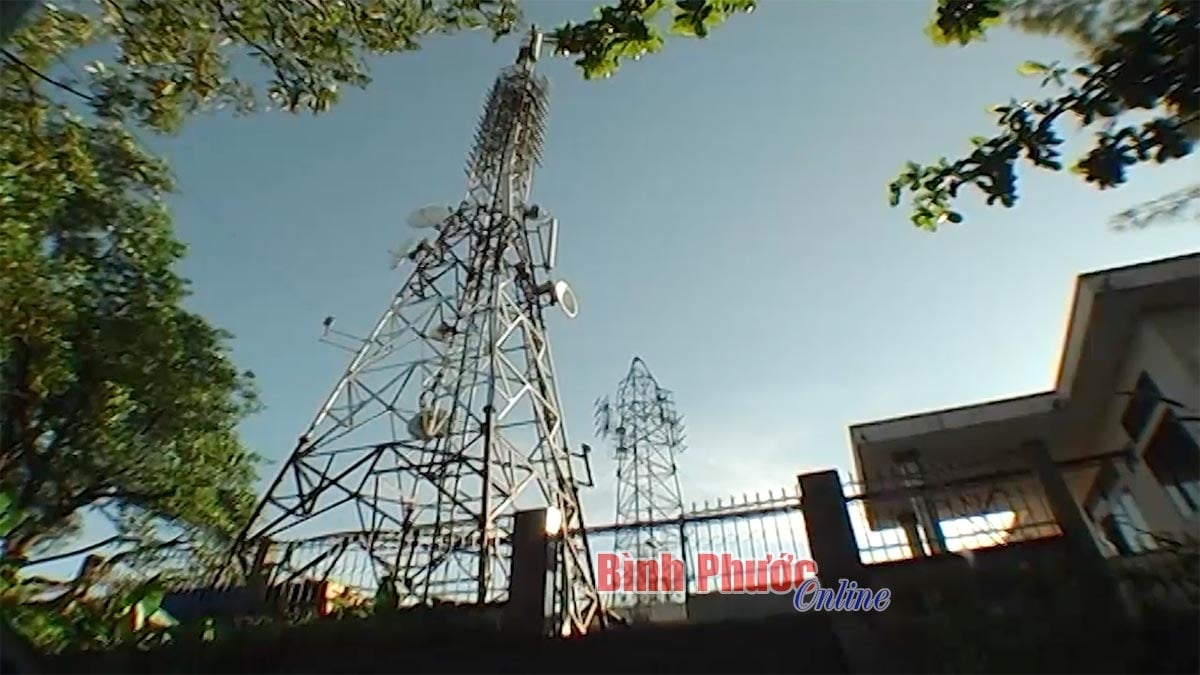
Guarding the waves on the high mountains, we must always be prepared to "compete" with extreme weather phenomena. In the dry season, the wind is a constant companion. The strong winds can shake the entire station, making a howling sound through the cracks of the doors. In the rainy season, the wind becomes a hurricane, knocking down trees and blowing away the corrugated iron roof if not carefully secured. We must regularly check the stability of the antenna mast and the cable system - giant structures that directly withstand the force of the wind. A loose cable or a weak weld can also lead to disaster.
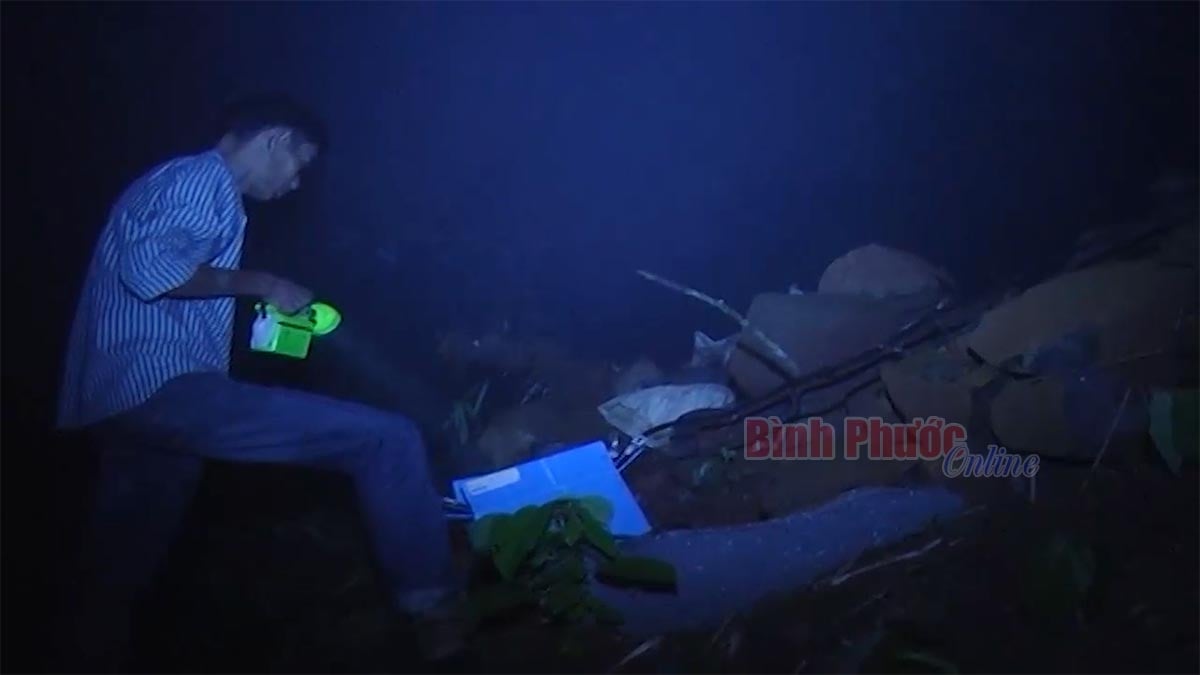
Rain on the high mountains is not just ordinary water drops. It is a heavy, torrential downpour that lasts for days, sometimes even weeks. High humidity directly affects electronic equipment, causing flickering and signal interference. We have to equip a continuous dehumidification and drying system to protect the machinery. The road up to the station becomes muddy and slippery, making the supply of food and supplies many times more difficult. But the most fearsome enemy and also the biggest challenge is thunder and lightning. The high mountain top is often struck by lightning. Whenever there is a thunderstorm, we are always on the highest alert. Although the station is equipped with a modern lightning protection system, with giant lightning rods and a complex grounding system, the risk is always lurking.
I still remember clearly one summer afternoon, the sun suddenly turned dark, the storm came very quickly. The thunder exploded deafeningly, lightning streaked across the sky as if it wanted to tear the space apart. Suddenly, the entire electrical system in the station flickered, then turned off completely. The transmitter stopped. Everyone in the team was scared. Luckily, it was just a nearby lightning strike, causing an immediate problem, the lightning protection system worked effectively, cutting off the power to protect the main equipment. We had to quickly switch to the backup power system, check each device and bring the signal back. At times like that, just a small error could cause thousands of households to lose radio and television signals, unable to watch news or important programs.
The station operates 24/7, so we have to take turns guarding and cherishing the airwaves with such silent and persistent efforts… The night shifts are the most memorable moments for us airwave keepers. The entire space on the 723m high mountain is immersed in silence, with only the hum of the transmitter fan and the soft light from the control panels. The main job during the shift is to broadcast programs approved by the Editorial Board and record them onto VHS tapes for broadcasting according to the approved program schedule, and continuously monitor the broadcast signal. We have screens that display waveforms, frequency spectrums, and specialized measuring devices. Any abnormality, whether it is a small fluctuation in power, a slight noise in the sound, or a blur in the image, must be detected and handled promptly. There are nights when I just sit quietly watching the screen, listening to every sound, feeling every smallest vibration of the system.
The loneliness of the night shift sometimes creeps in, and brings a very unique feeling. That is the feeling of the "wave keeper", the person responsible for ensuring that thousands, tens of thousands of people in and outside the province can access information and entertainment from the station.
Lessons learned the hard way
Broadcasting is not always a smooth ride. Sometimes unexpected events occur that require us to react quickly and have solid knowledge.
I remember one night, during a live music show, the image signal suddenly became severely distorted, and the viewers' TV screens were left with only horizontal stripes. We immediately had to check every step: from the input signal, the modulator, the transmitter, to the antenna line. The pressure was immense, because the show was on air and thousands of viewers were watching. After tens of minutes of tension, we discovered a small error in the signal modulator. A solution was immediately given, and we breathed a sigh of relief when the image became clear again. That shows how important careful preparation and situation handling skills are during a shift.
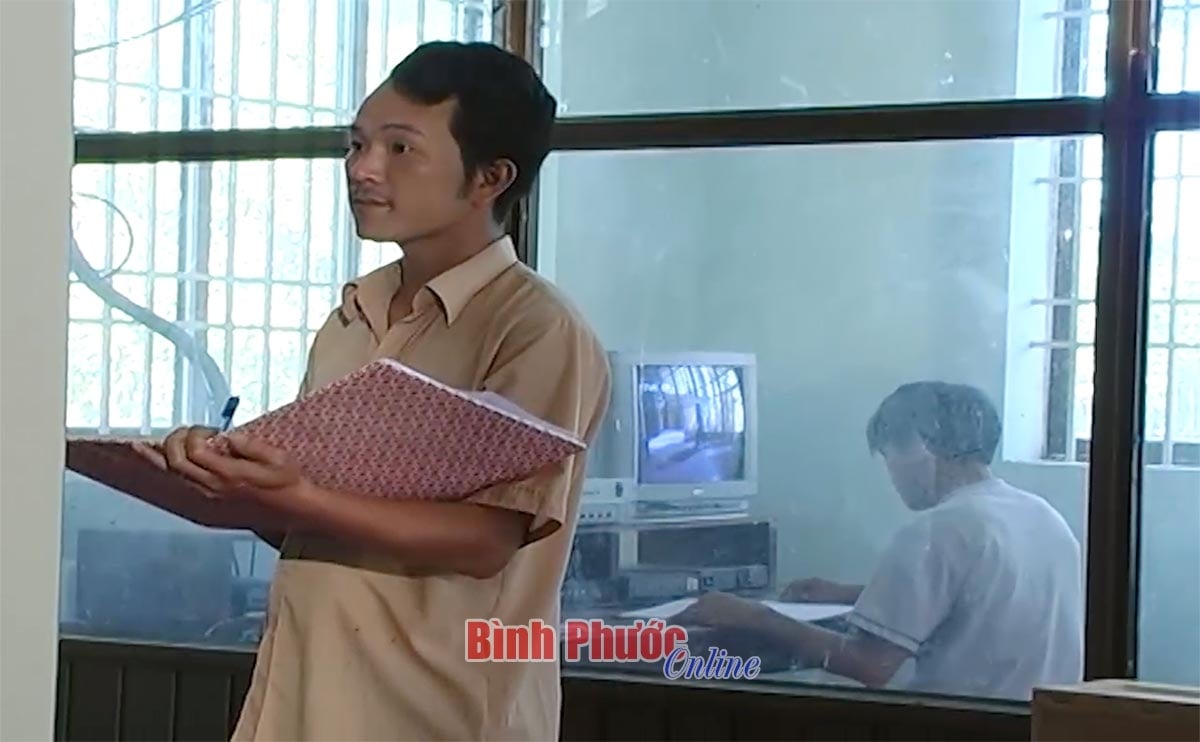
Another time, during the storm season, the antenna mast was struck by lightning. Although there was a lightning protection system, part of the equipment was still affected. This was a serious incident, because it directly affected the broadcasting ability. We had to work through the night, brave the wind and rain to check and fix it. Climbing a tens of meters high antenna mast in harsh weather conditions is a real challenge, requiring courage and absolute caution. Such incidents taught me many lessons. The ability to work in a team and the ability to handle situations under high pressure became valuable experiences. We must always learn and update our knowledge about new technologies, because the broadcasting transmission field is always changing and developing.
Quiet to be proud
The work of the broadcaster is extremely quiet, the audience gets to listen and watch good, attractive programs, but few people know about us! We don't appear on screen, nor do we ever have a voice on the radio, but for us, that's not important, the TV and radio signals reaching people in remote areas clearly and sharply is the mission of us "wave keepers". Although there are times of hardship, the work of broadcasting also brings a lot of joy and meaning. The joy is when we successfully fix a problem, bringing the signal back to stability. That feeling is like a soldier completing his mission, protecting his "front".

The joy also comes when receiving positive feedback from the audience and listeners. There are people who call the station to thank us for having good programs and useful information. That shows that our silent work is truly valuable, contributing to the spiritual life of the community. The joy is when the work of keeping the airwaves has trained me to be patient, meticulous, able to withstand pressure and responsible. Every time I see the indicator lights on the "ON AIR" control panel shining, knowing that the airwaves are being transmitted stably, we feel an indescribable pride. Although we have left Ba Ra mountain top, the memories of the days of fighting against storms, gusts of wind, and thunder to keep the airwaves steady are always a precious part of my life.
Source: https://baobinhphuoc.com.vn/news/636/173991/nang-niu-canh-song














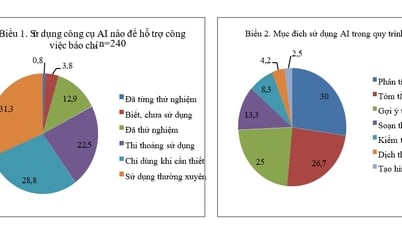




![[Photo] Prime Minister Pham Minh Chinh receives leaders of several Swedish corporations](https://vphoto.vietnam.vn/thumb/1200x675/vietnam/resource/IMAGE/2025/6/14/4437981cf1264434a949b4772f9432b6)



















































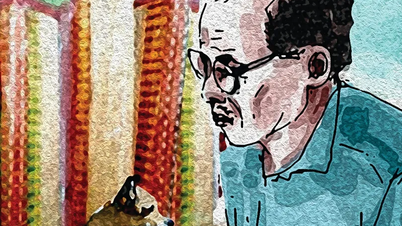

















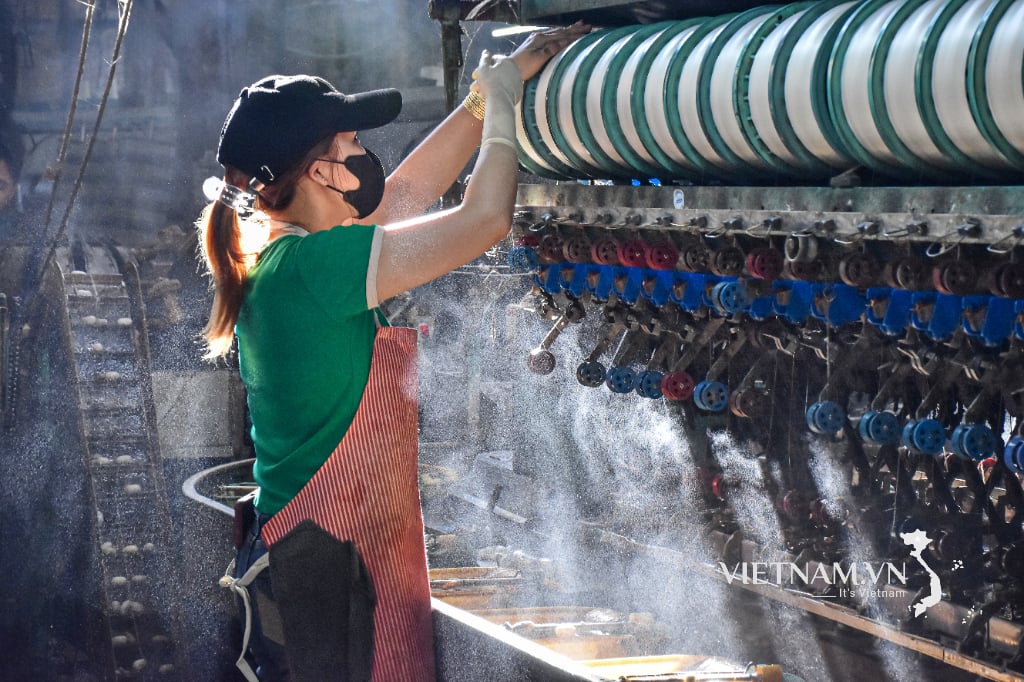


Comment (0)